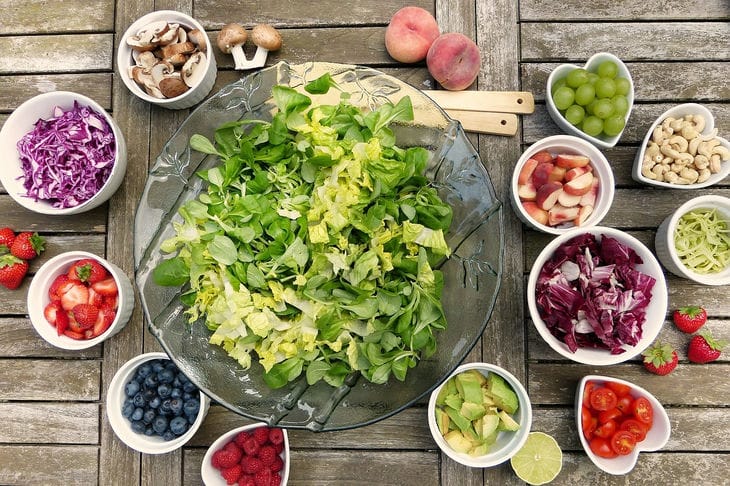Nutrition plays a huge role during menopause.
It can support the heart and blood vessels, control cholesterol levels, but it can also increase the risks of many diseases.
Together with a nutritionist, we talk about what proper nutrition is for women during menopause.
Discomfort during menopause occurs against the background of a failure of the hormonal process in the body. After 40 years, metabolic processes slow down significantly, so it is extremely important for women to monitor their health at this time, says Olesya Frolova .
If you follow a few recommendations, you will not be bothered by hot flashes, excess weight and insomnia.

What to change in your diet during menopause? First, reduce portion sizes to reduce the overall calorie content of your diet.
Avoid fatty meats, sour cream with more than 20% fat, whole milk, fatty cheeses, sausages and mayonnaise, limit the amount of fried foods and sweets. It is recommended to exclude alcohol from your diet altogether.
Your table should include fermented milk products, foods rich in calcium, vitamin D, rosehip infusion or any other source of vitamin C, lots of greens and vegetables, hard cheeses, fruits, salt in limited quantities up to 5 g per day, whole grains, sea fish.
A woman's body needs to get at least 18 mg of iron per day. This is, for example, beef meatball soup and some boiled lentils for lunch. There is also a lot of iron in liver and buckwheat, so pay attention to them.
Our task is to maintain the strength of bones and, if possible, and most importantly, if desired, to restore the menstrual cycle. When estrogen production decreases, the production of female sex hormones weakens and a woman begins to lose her youth, gain weight, and feel tired.
Old age begins at the organ level. A woman loses her attractiveness. Dry skin will be eliminated by drinking enough water, which is 2.5 liters per day, as well as omega 3, there are many minerals in greens and vegetables.
Previously, we talked about how to slow down the appearance of the first wrinkles .









